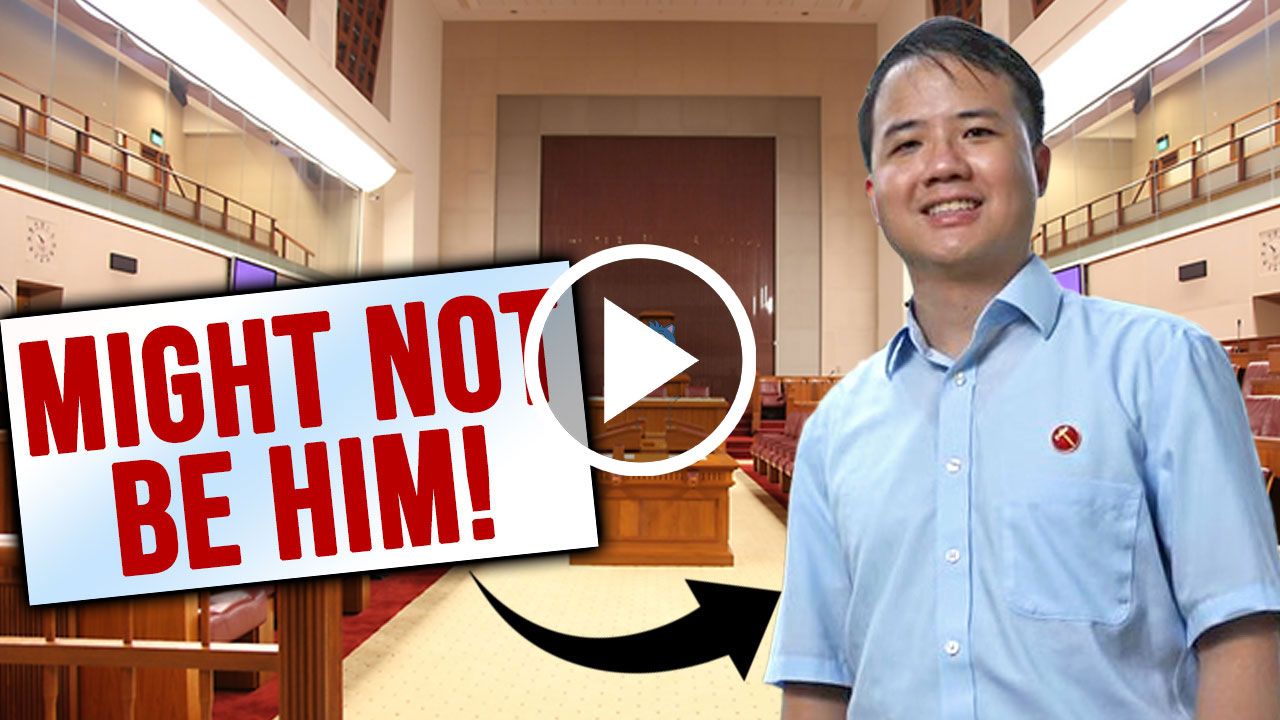Last Updated on 2019-05-08 , 6:02 pm
I know, it’s absolutely dreadful, but you didn’t hear wrong: we will have to pay GST for Netflix and Spotify soon.
Keep your chin up and compose yourself while I explain the situation.
Advertisements
On 19 November 2018, the Parliament passed a Goods and Services Tax (Amendment) Bill and it seems that it is going to affect those of us who are using overseas services like Netflix and Spotify.
Which is almost all of us, I’m sure.
According to Straits Times, the changes give the government the authority to collect GST on overseas services from 2020. An overseas vendor registration regime on business to consumer services would be imposed.
Under this regime, vendors will be made to pay GST if they have a yearly turnover above $1 million and earns more than $100,000 in providing digital services to Singapore.
Pretty sure Netflix and Spotify meet that requirement.
Who Is This For?
The tax is expected to bring in an additional $90 million tax revenue annually.
The implementation of GST on overseas services is for the benefit of our local retailers. Currently, retailers in Singapore are required to pay the tax, so this evens out the playing field with foreign vendors.
Widening the Gap?
If you have as thin a wallet as I do, you should probably be worried about this rise in price of our online goodies.
Advertisements
According to Mr Ong Teng Koon, “lower income groups are going to be disadvantaged because they lack exposure to the digital world. Some digital services may also act as more affordable substitutes for physical services, for example, online learning and education and even online entertainment”.
Will we (the thinner-wallet class) be left behind?
Well, Mr Lawrence Wong has assured us that the government has the GST scheme to help the lower-income reduce their GST burden.
Lest We Forget
Earlier this year, our finance minister announced the bad news: GST is set to increase from 7% to 9% some time between 2021 and 2025.
#SGBudget2018:
GST increase will be implemented in a progressive manner:
1) Continue to absorb GST on publicly subsidised education & healthcare;
2) Permanent GST Voucher scheme will be enhanced; and
3) Offset package to help Singaporeans adjust to the GST increase. pic.twitter.com/2sGo5U0eJP— MOFsg (@MOFsg) February 19, 2018
Advertisements
In other words, while we’ll be paying 7% GST in 2020, we might be paying even more after that.
Here’s a video about the impending GST increase that we’ve done:
And here’s how prices of popular online services would look like come 2020 (if they didn’t increase their prices lah):
Netflix
From $13.98 to $14.96
Amazon Prime
From $8.99 to $9.62
Advertisements
Spotify
From $9.90 to $10.59
You’re welcome!
Here’s what NCMPs are, and what to expect after GE2025:

Read Also:
- Isetan to Close Tampines Mall Store After Nearly 30 Years as Anchor Tenant
- Massive Bedbug Infestation from Vacant HDB Flat Torments At Least Seven Ang Mo Kio Households
- 31-Year-Old Man Charged after Violent Attack Caught on Camera, Arsenal of Weapons Found in Sengkang Raid
- Former Teacher Gets 19-Month Sentence After CCTV Captures Shocking Abuse of Two Toddlers at Singapore Pre-School
- Chinese Student Studying in Singapore Kidnapped in Malaysia, Parents Received 3.5 Million Yuan Ransom Demand with Death Threats
- Singapore Ministers Deny Personal Ties with Convicted Money Launderer Su Haijin After Photos Surface Online
